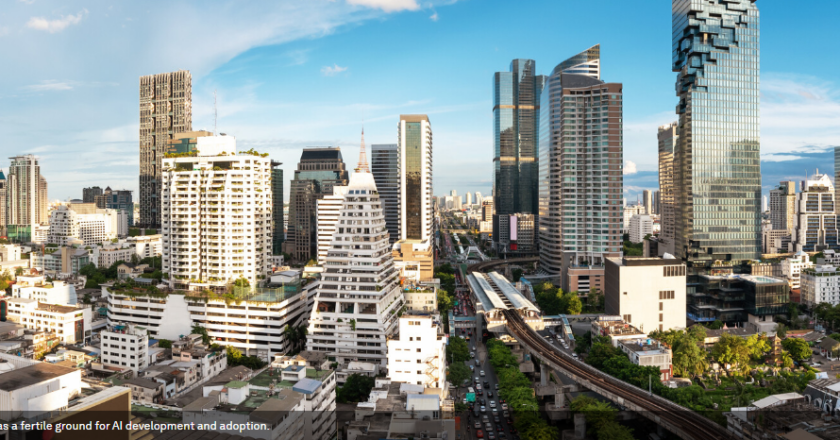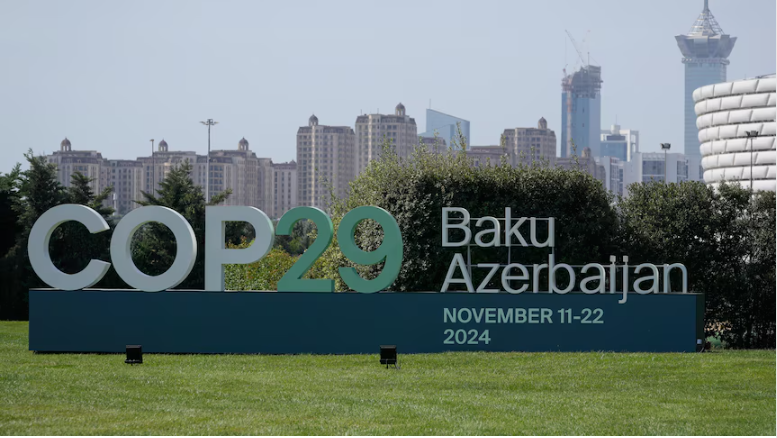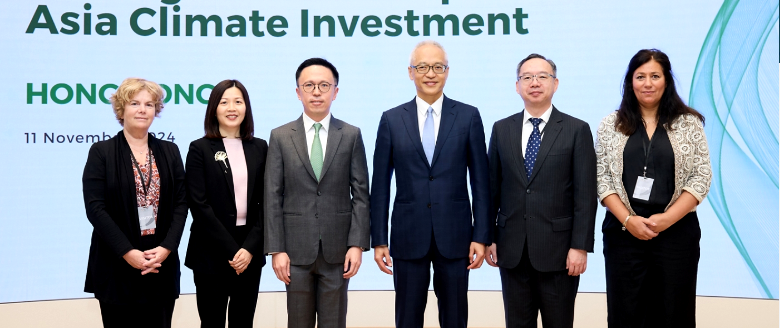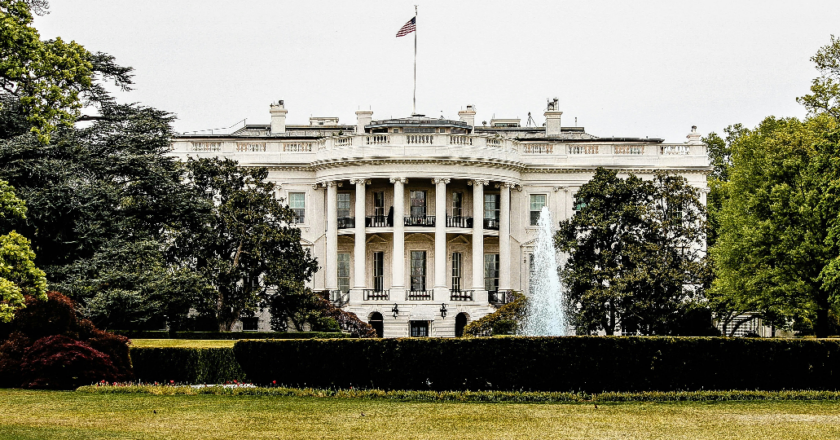Why AI is the new catalyst for profitable growth in Southeast Asia
Southeast Asia's digital economy is a story of remarkable resilience and dynamism. Millions in the region join the digital landscape every year as consumers, entrepreneurs, developers and creators, driving both economic growth and societal transformation.
The e-Conomy SEA 2024 report by Google, Temasek, and Bain & Company captures this dynamism and reveals a regional digital economy that has achieved profitability. In just two years, profitability has grown 2.5x, from US$4 billion in 2022 to US$11 billion in 2024. This underscores the region's capacity to not only embrace innovation but to translate it into tangible economic gains, delivering a 10x increase in revenue since 2016.
Combined with strategic investments and forward-thinking policies, the region's inher...








